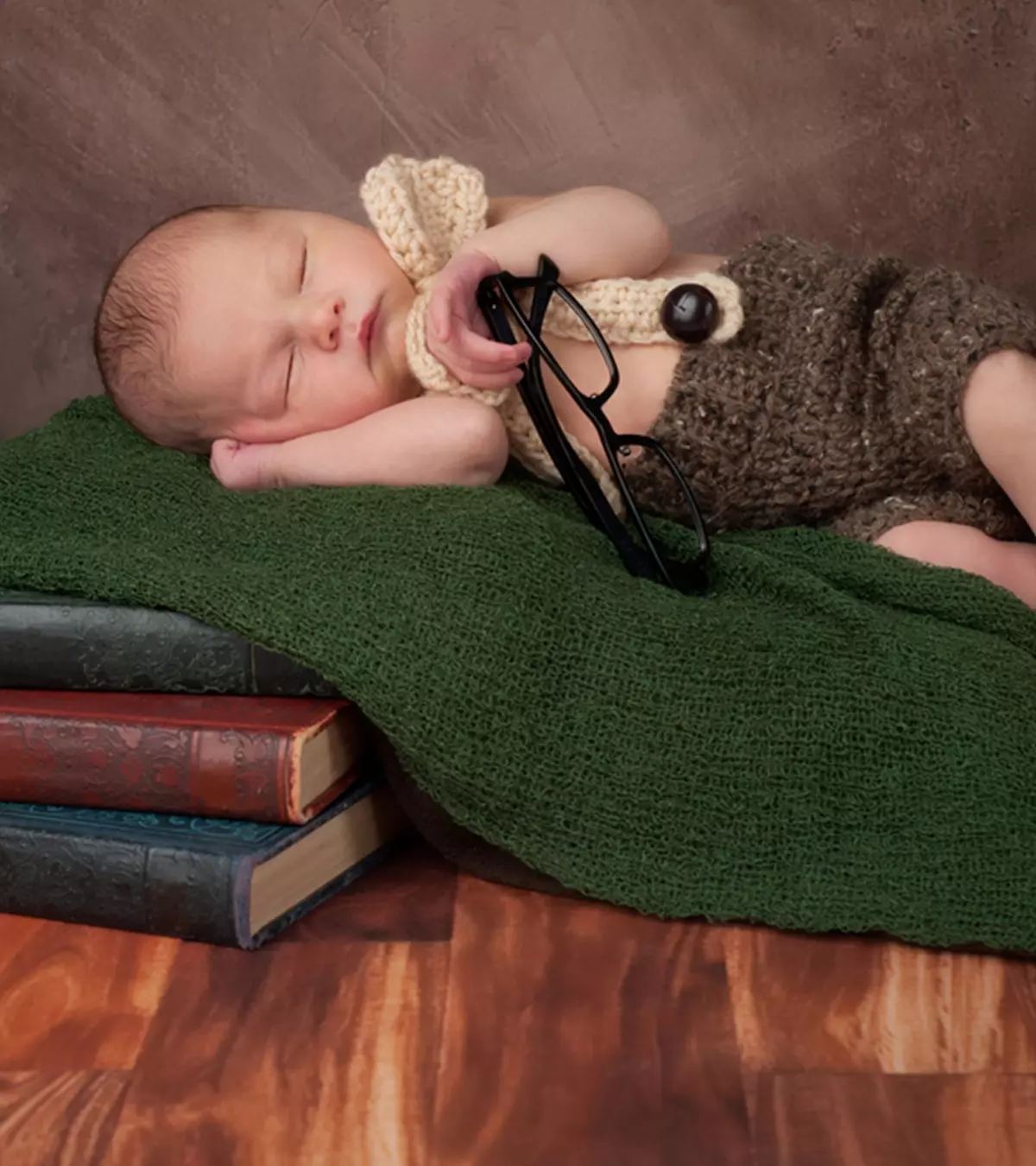When we think about names, we often consider them as just labels, something we are called, yet they are so much more than that, really. They often carry whispers of history, a bit of identity, and a deep connection to where someone comes from. For a place like Kenya, a nation known for its incredibly rich cultural makeup, this idea of names holding a story is, you know, particularly true. The diverse groups living there contribute to a truly wonderful collection of naming traditions, each with its own special feel.
You see, Nairobi itself, the big city, is quite a melting pot, a place where people from all sorts of backgrounds come together. All the big Kenyan groups are found there, and these include the Kikuyu, the Luo, the Luhyia, the Kalenjin, the Kisii, and the Kamba. This mix of people means there's a lot of different ways of seeing the world, a lot of different ways of living, and, naturally, a lot of different ways of giving names to children, which is something quite special.
So, when you consider this amazing variety of people, it makes sense that the patterns and meanings behind Kenyan names are, in some respects, incredibly varied. Each group, with its own long-standing ways of doing things, contributes to a collective heritage of names that are, more or less, unique. It’s a bit like looking at a grand, colorful picture, where every brushstroke, every little detail, tells you something about the person who made it, and the history behind it all.
- Goodbye Dinner Invitation
- How Do You Say Good Morning In Thai
- Memes Veterans Day
- Actors With Long Black Hair
- Dynasty Actors
Table of Contents
- What Makes Kenyan Names So Rich?
- How Do Ethnic Groups Shape Kenyan Names?
- Exploring the Cultural Roots of Kenyan Names
- The Influence of Diverse Groups on Kenyan Names
- Are There Common Threads in Kenyan Naming Practices?
- Understanding the Heritage Behind Kenyan Names
- Why Do Kenyan Names Matter So Much?
- The Enduring Significance of Kenyan Names
What Makes Kenyan Names So Rich?
The richness we find in Kenyan names, you know, comes from a deep well of cultural practices and historical events. It’s not just about picking something that sounds nice; it’s often about connecting a new person to their past, to their family line, or to the very circumstances of their arrival. Think about it: a name can carry the memory of a grandparent, the time of day a child was born, or even, perhaps, a significant event that happened around their birth. This makes the selection of a name a truly thoughtful process, something that carries a lot of weight.
In a place where many distinct groups live side-by-side, as is the case in Nairobi with the Kikuyu, Luo, Luhyia, Kalenjin, Kisii, and Kamba, this sense of names holding special meaning becomes even more pronounced. Each of these groups, naturally, has developed its own ways of doing things, including how they name their children. These ways are often passed down through generations, almost like a cherished family story. So, a name might reflect a particular set of values, a specific way of looking at the world, or even, in a way, the hopes and dreams a family has for their little one. It’s a very personal, yet very communal, act.
The sheer number of different ways people name their children across Kenya is, honestly, quite amazing. Some traditions might focus on naming after ancestors to honor them and keep their spirit close. Others might choose names that describe a child’s characteristics, or even, perhaps, the weather conditions on the day they came into the world. This variety means that when you hear a Kenyan name, there's a good chance it carries with it a whole world of background and cultural significance, something truly special that ties the individual to their people.
- Thats So Raven Cartoon
- Does Wells Die In The 100
- Deceased Wwe Stars
- Sophie Cunningham Wife
- Natural Way To Dye Hair Black
How Do Ethnic Groups Shape Kenyan Names?
It's really interesting to consider how the various ethnic groups, such as the Kikuyu, Luo, Luhyia, Kalenjin, Kisii, and Kamba, actually shape the patterns of Kenyan names. Each of these groups has its own distinct language, its own unique customs, and its own particular stories, and all of these things, you know, tend to find their way into the naming practices. A name from one group might sound quite different from a name from another, not just in its sound, but also in the way it’s put together, or the kind of meaning it tends to hold.
For instance, some groups might have names that are very much tied to the order of birth, or to specific family roles, almost like a tradition that helps everyone know their place within the wider family structure. Others might have names that are more about the natural world, or perhaps about certain events that happen in the community. This means that a name can be a very clear indicator of someone’s heritage, a little clue about their background. It’s a way of carrying on a piece of history, a piece of identity, with every person who bears a name from that particular group.
The influence of these different groups also means that there isn't just one "Kenyan way" of naming. Instead, there are many different ways, each one reflecting the wisdom and traditions of a specific people. This diversity is, in some respects, a source of great strength and beauty, showing how different cultures can coexist and contribute to a much bigger, richer picture. It’s a bit like a garden with many different kinds of flowers, each one lovely in its own right, but even more so when they are all together.
Exploring the Cultural Roots of Kenyan Names
When we start looking into the cultural roots of Kenyan names, we're really talking about a journey through time and tradition. Every name, in a way, has a story, a reason for being chosen, that goes back generations. These stories are often deeply woven into the very fabric of a community’s life, reflecting their beliefs, their history, and the way they understand the world around them. It’s a very profound connection, you know, between a person’s name and their cultural heritage.
For the Kikuyu, the Luo, the Luhyia, the Kalenjin, the Kisii, and the Kamba, as mentioned in the text, these roots run incredibly deep. Their naming practices are not just random choices; they are often guided by long-held customs and social structures. A name might, for example, signify a person's position in the family, or perhaps commemorate an important event that happened at the time of their birth. This means that names often carry a certain weight, a certain expectation, or even a blessing for the future.
This exploration shows us that names are, more or less, living parts of a culture. They change a little over time, perhaps taking on new sounds or being used in different ways, but their core purpose remains: to connect individuals to their collective past and to their community. It’s a very human thing, this desire to mark a new life with something meaningful, something that says, "You belong here, and this is where you come from."
The Influence of Diverse Groups on Kenyan Names
The presence of so many distinct groups, like the Kikuyu, Luo, Luhyia, Kalenjin, Kisii, and Kamba, really has a significant influence on the overall character of Kenyan names. It means that there isn't one single, uniform way of naming children across the entire nation. Instead, what you find is a beautiful variety, a collection of different approaches, each with its own charm and its own set of reasons for being. This diversity, you know, is a big part of what makes Kenyan names so interesting to think about.
Each group, naturally, brings its own particular sounds, its own particular rhythms, and its own particular meanings to the naming process. So, a name that might be quite common and meaningful in one community could be completely unknown or even sound a bit foreign in another. This creates a rich tapestry of names, where each thread represents a different cultural story. It's a bit like different dialects within a language; they all serve the same purpose, but they do it in their own unique ways, which is quite fascinating.
This influence also means that names can sometimes act as a subtle marker of someone's background. While many people in Kenya live and work together in cities like Nairobi, the names they carry often still whisper of their ancestral homes and the traditions of their specific group. It’s a very personal connection to heritage, something that stays with a person throughout their life. It helps to keep those older ways of doing things alive, even as life changes around them.
Are There Common Threads in Kenyan Naming Practices?
Even with all the amazing variety among Kenyan names, you might wonder if there are, you know, some common threads that tie these different naming practices together. Despite the distinct ways of the Kikuyu, Luo, Luhyia, Kalenjin, Kisii, and Kamba, there are, perhaps, some shared ideas that seem to run through many of the traditions. These commonalities often relate to the deeper purpose of naming, rather than the specific sounds or meanings of the names themselves.
For example, a very common idea across many cultures, and certainly apparent in Kenya, is that a name is meant to connect a child to their family and community. It’s rarely just a random choice; it’s usually a deliberate act of placing the child within a larger social structure. This sense of belonging, of being part of something bigger than oneself, is a powerful idea that seems to guide many naming decisions. It’s about creating a bond, a link to those who came before and those who will come after.
Another shared aspect might be the idea that names carry a certain hope or a certain blessing for the child’s future. Parents often choose names that they believe will bring good fortune, or that embody qualities they wish for their child to possess. This forward-looking aspect, this desire for a good life for the new generation, is a pretty universal human feeling, and it’s something you can see reflected in the thoughtful way names are given across many different Kenyan groups. It’s a truly beautiful thing, this act of wishing well through a name.
Understanding the Heritage Behind Kenyan Names
To truly get a sense of the heritage behind Kenyan names, it means looking at how generations have passed down their ways of doing things, their stories, and their beliefs. It’s not just about what a name means today, but what it has meant for countless people before. This heritage is, in some respects, a living history, carried forward by each new child who receives a name that links them to their past. It’s a very powerful connection, you know, that bridges time.
For the Kikuyu, Luo, Luhyia, Kalenjin, Kisii, and Kamba, this heritage is deeply ingrained. Their naming customs often reflect ancient practices, perhaps even going back to times when names were chosen based on specific events during hunting, or the changing seasons, or even, perhaps, important family gatherings. These older ways of doing things continue to shape how names are given today, even if the world around them has changed quite a bit. It’s a way of keeping those older traditions alive, of honoring the wisdom of ancestors.
So, when you encounter a Kenyan name, it's worth remembering that it’s probably more than just a sound. It’s a piece of a much larger story, a fragment of a long and rich heritage. It tells you something about the people who gave the name, the values they hold dear, and the history that has shaped them. It’s a very personal connection to a collective past, a little piece of history that walks with each person, every single day.
Why Do Kenyan Names Matter So Much?
You might wonder, why do Kenyan names matter so much? Well, it goes far beyond just calling someone by their proper designation. Names in Kenya, as in many parts of the world with rich cultural traditions, are often deeply tied to a person's very sense of self, their place in the family, and their standing within the wider community. They are, in a way, anchors that keep people connected to their roots, even in a bustling place like Nairobi where many different groups, such as the Kikuyu, Luo, Luhyia, Kalenjin, Kisii, and Kamba, live side by side.
A name can serve as a constant reminder of one's lineage, a whisper of the ancestors who came before. It can carry the hopes and dreams that parents had for their child at birth, or even, perhaps, commemorate a significant event that occurred at that time. This means that a name isn't just something you're given; it's something you carry, something that tells a part of your story without you having to say a single word. It’s a very powerful form of identity, you know, a personal badge of heritage.
Furthermore, names often play a role in social interactions and community recognition. Knowing someone's name, and perhaps even its background, can help build connections and show respect. It’s a way of acknowledging their unique place in the world, and their connection to a specific cultural group. This makes names a really important part of how people relate to each other, fostering a sense of belonging and shared understanding within a community. It’s a truly fundamental aspect of human connection.
The Enduring Significance of Kenyan Names
The significance of Kenyan names is, honestly, something that endures through time, continuing to hold deep meaning for individuals and their communities. Even as modern life changes and people move to new places, the names they carry often remain a strong link to their heritage. This lasting importance is, you know, a testament to the power of cultural traditions and the human need to connect with one's origins.
For the Kikuyu, Luo, Luhyia, Kalenjin, Kisii, and Kamba, as they are represented in a place like Nairobi, their naming practices are not just old customs; they are living traditions that continue to shape identity. A name might remind someone of their family's values, or perhaps the history of their specific ethnic group. It’s a constant thread that runs through their life, connecting them to a past that is still very much alive in the present. This makes names a very personal, yet very communal, source of meaning.
So, the enduring significance of Kenyan names lies in their ability to carry stories, to convey identity, and to strengthen community bonds across generations. They are more than just words; they are symbols of heritage, hope, and belonging. It’s a truly wonderful aspect of Kenyan culture, showing how something as seemingly simple as a name can hold such profound and lasting importance for so many people.
Related Resources:



Detail Author:
- Name : Jacklyn Littel III
- Username : ijacobi
- Email : orin.pagac@hotmail.com
- Birthdate : 2003-07-04
- Address : 367 Nathan Ranch North Erna, NV 15222-2060
- Phone : +1-801-974-6187
- Company : Brekke, McLaughlin and Lowe
- Job : Food Preparation and Serving Worker
- Bio : Illo nisi id nostrum exercitationem. Tenetur dolores animi possimus sed. Cum rerum ut alias impedit aliquid.
Socials
instagram:
- url : https://instagram.com/dawnhowell
- username : dawnhowell
- bio : Soluta ea deleniti eaque vitae quasi iste placeat. Ullam harum non qui rem.
- followers : 1097
- following : 1939
twitter:
- url : https://twitter.com/dawn_howell
- username : dawn_howell
- bio : Ratione saepe perferendis quia culpa. Voluptas provident velit et alias eveniet consequatur.
- followers : 6450
- following : 1994